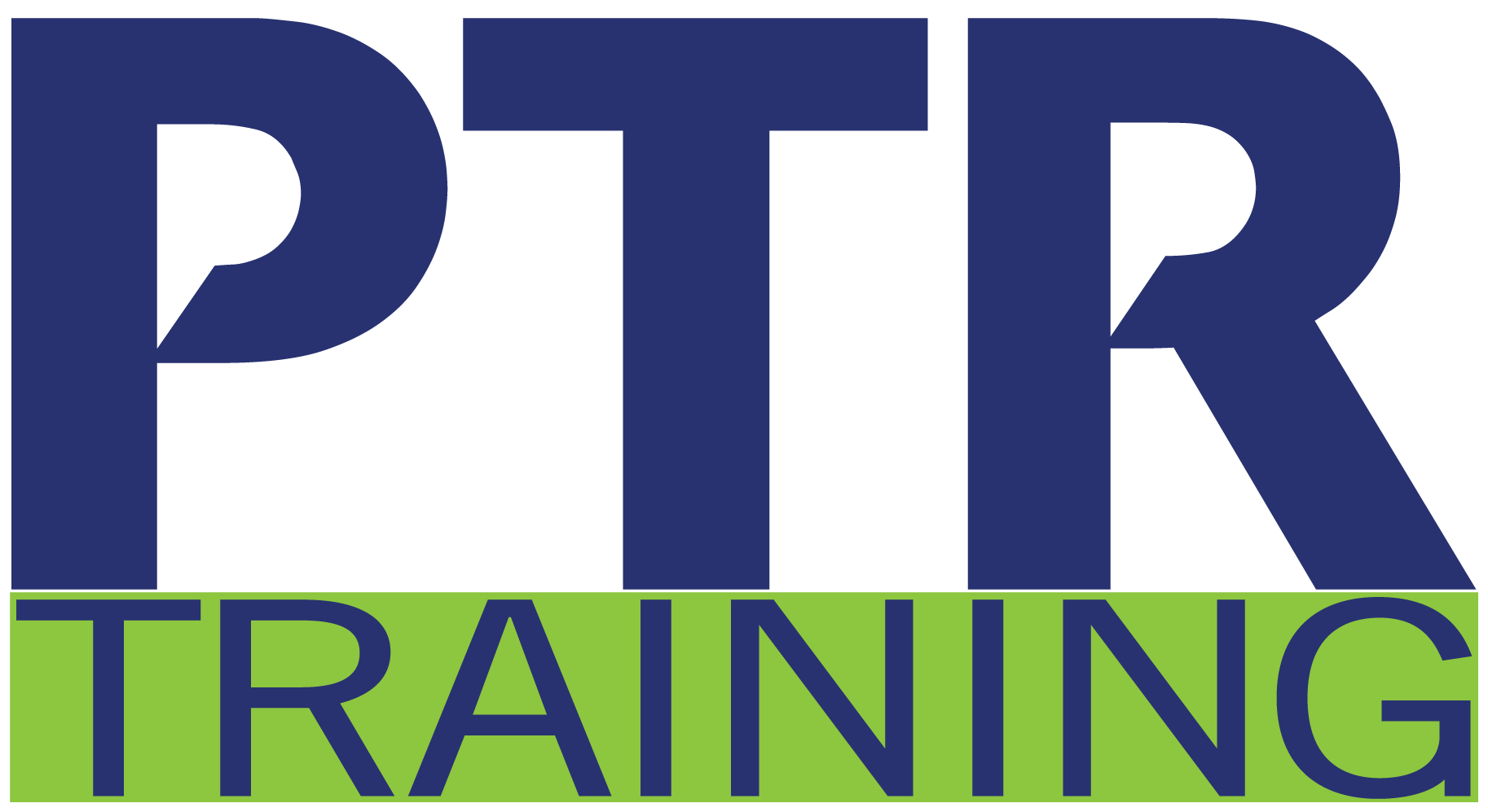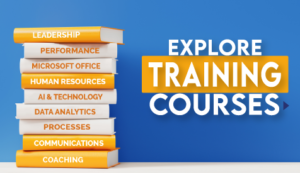Proactively identifying and controlling risk greatly increases the accuracy of the project’s scope, schedule, and budget, as well as reduces the amount of time the team spends putting out fires. This 2-day course, based on PMI®’s PMBOK® Guide, Sixth Edition, focuses on improving the project manager’s risk management expertise, from initial planning through project closure. Participants apply all course principles to a real-world case study of their choosing.
Learning Objectives »
- Overview of risk analysis and management concepts.
- Identify project risk management terms and common practices as expressed by PMBOK.
- Apply risk and project management processes to a project.
- Perform qualitative and quantitative risk analysis on a project.
- Mitigate risk through planning, execution, and close-out phases.
Course Agenda
Risk Management Overview
- Risk Management Benefits and Uses
- Project Risk Management
- Project Management Life Cycle
- Case Study Selection
Initiating Process Group
- Initiating Process Group Overview
- Develop Project Charter
- Identify Stakeholders
- Project Selection Criteria
- ROI Analysis
- ROI Methods
- Risk Complexity Index
- Project Selection
Planning Process Group
- Scope Risks
- Schedule Risks
- Resource Risks
- Plan Risk Management
- Identify Risks
- Delphi Technique
- Subject Matter Expert Input
- Brainstorming
- Fishbone Diagrams
- Process Analysis
- Five Whys
- Influence Diagrams
- Risk Breakdown Structure (RBS)
- Risk Register
- Perform Qualitative Risk Analysis
- Probability and Impact Assessment
- Probability and Impact Chart
- Perform Quantitative Risk Analysis
- Three-point estimates
- PERT
- Triangular Distributions
- Outlier Considerations
- Geometric Mean
- Normal Distributions Methods
- Tornado Diagrams
- Expected Monetary Value (EMV)
- Monte Carlo
- Plan Risk Responses
- Risk Response Strategies
- Overall Project Risk
- Checklists
Executing Process Group
- Executing Process Group Overview
- Implement Risk Responses
- Update Risk Report
Monitoring and Controlling Process Group
- Monitoring and Controlling Process Group Overview
- Control Risks
- Project Monitoring
- Longer Projects
Closing Process Group
- Closing Process Group Overview
- Close Project or Phase
- Risk Activities During Closing Process Group
- Post-Project Risk Assessment





